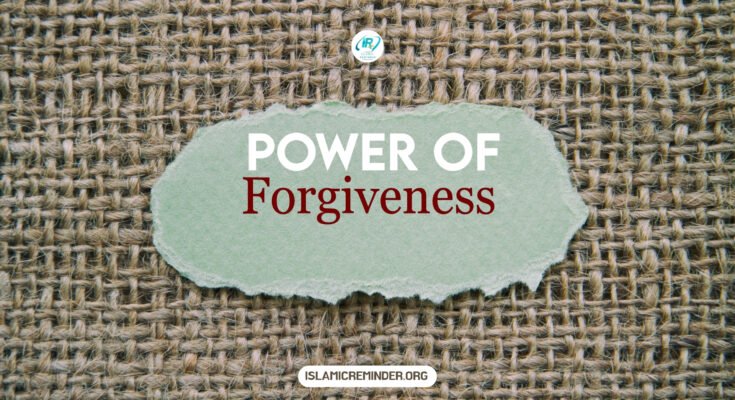Introduction
Istighfar — the act of seeking forgiveness from Allah (سُبْحَانَهُ وَتَعَالَى) — is one of the most powerful and transformative practices in a believer’s life. It not only cleanses the soul from sins but also brings countless blessings in both this world and the Hereafter.
The word Istighfar (Arabic: استغفار) comes from the root word غ-ف-ر which means to cover, forgive, or shield. When we say “Astaghfirullah” (أستغفر الله), we are asking Allah to forgive us, to conceal our sins, and to protect us from their consequences.
1. Istighfar Brings the Mercy and Forgiveness of Allah
Allah’s mercy is vast, and His door is always open to those who sincerely repent.
“And whoever does a wrong or wrongs himself but then seeks forgiveness of Allah will find Allah Forgiving and Merciful.”
(Qur’an, Surah An-Nisa 4:110)
No matter how great our sins may be, Allah’s forgiveness is greater. Istighfar is a direct way to return to Allah and renew our relationship with Him.
2. It Removes Sins and Purifies the Heart
Just as physical dirt covers the body, sins cover the heart. Istighfar acts as a cleanser for the spiritual heart.
The Prophet Muhammad ﷺ said:
“Indeed, when a servant commits a sin, a black dot appears on his heart. If he repents, desists, and seeks forgiveness, his heart will be polished.”
(Tirmidhi)
Regular istighfar keeps the heart soft, receptive to guidance, and connected to Allah.
3. It Opens the Doors of Sustenance and Blessings
Many people struggle with financial hardship or emotional stress. Istighfar is a key that opens doors to relief.
“Ask forgiveness of your Lord. Indeed, He is ever a Perpetual Forgiver. He will send [rain from] the sky upon you in [continuing] showers, and give you increase in wealth and children and provide for you gardens and provide for you rivers.”
(Qur’an, Surah Nuh 71:10-12)
This powerful verse shows that istighfar can bring material blessings — such as wealth, offspring, and sustenance — alongside spiritual ones.
4. Istighfar Brings Peace and Protection
Life is full of challenges, and sins can weigh heavily on a believer’s conscience. Istighfar relieves anxiety, brings inner peace, and protects from calamities.
The Prophet ﷺ said:
“Whoever makes a habit of seeking forgiveness, Allah will make for him a way out of every difficulty, a relief from every worry, and provide for him from where he does not expect.”
(Abu Dawood, Ibn Majah)
Make istighfar a habit, not just a reaction to guilt. It can be a shield in times of hardship.
5. It Is a Sunnah of the Prophet ﷺ
The Prophet Muhammad ﷺ, who was sinless, used to seek forgiveness more than 70 times a day.
He said:
“By Allah, I seek forgiveness from Allah and I repent to Him more than seventy times in a day.”
(Bukhari)
This shows us the importance and value of istighfar in daily life. If the Prophet ﷺ — the best of creation — sought forgiveness regularly, how much more do we need it?
6. It Strengthens the Bond with Allah
Saying “Astaghfirullah” with sincerity softens the heart and draws one closer to Allah. It’s a sign of humility and recognition of our dependence on Him.
Repentance is not a sign of weakness — it is a sign of faith. It shows we trust in Allah’s mercy and believe in His power to forgive.
Practical Tips for Making Istighfar a Habit
-
Say “Astaghfirullah” regularly, especially after salah and before sleep.
-
Set aside moments in your day for silent reflection and repentance.
-
Write down sins you want to seek forgiveness for, then sincerely ask Allah to forgive each one.
-
Encourage your family and children to practice istighfar together.
Conclusion
Istighfar is not just for moments of guilt — it’s a lifestyle for the believer. It brings spiritual light, material blessings, and closeness to the Creator. The more we seek forgiveness, the more our hearts open to guidance and peace.
Let us strive to make “Astaghfirullah” a frequent phrase on our tongues and a sincere cry from our hearts.
“Indeed, Allah loves those who repent and those who purify themselves.”
(Qur’an, Surah Al-Baqarah 2:222)
May Allah make us among those who seek His forgiveness constantly and sincerely. Ameen




